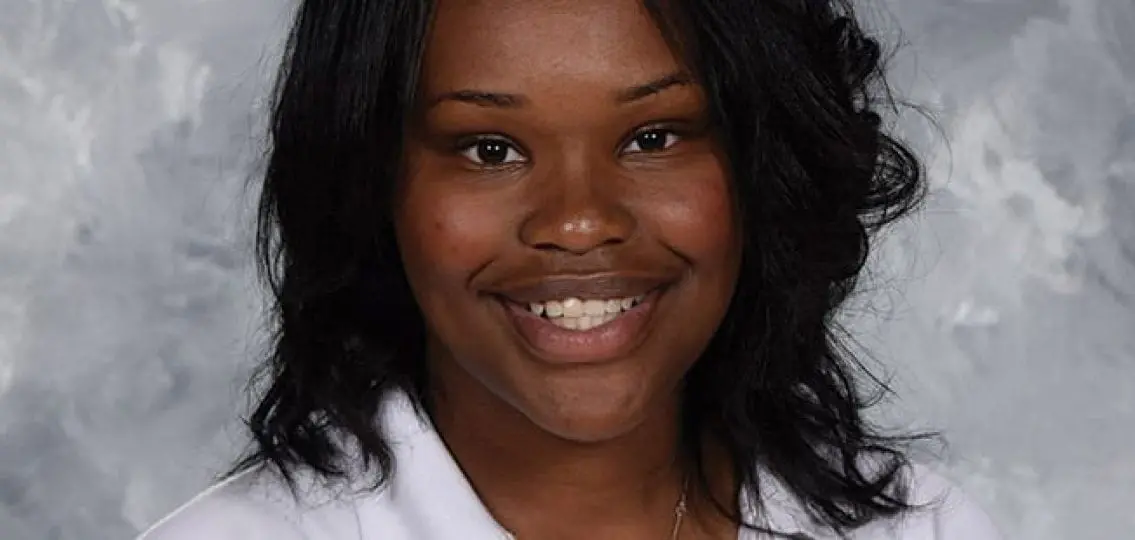In the summer of 2015, I was out with one of my mentors. We went to the store to pick up some supplies for a volunteer project. For lack of a better description, she is an older Caucasian woman who drives a very nice BMW. I was riding in the passenger side of the car. My mentor parked outside a hardware store. She offered for me to stay in the car, which I gladly accepted because of the hot weather.
While she was in the store, a police officer parked next to my mentor’s car. When the officer got out of the car, he came up to the window and looked at me suspiciously.
He then made the “I’m watching you” hand gesture, got back in the police cruiser, and appeared to be taking notes.
A little nervous, I swallowed the lump in my throat and tried to analyze what had just taken place. I couldn’t figure out what I had done wrong to prompt the officer to act that way towards me. I thought maybe he was joking, but he didn’t smile when he approached me.
I patiently waited for my mentor to come back. When she approached the car, the police officer waved her down, smiled, and asked her if everything was okay. She said everything was fine. After we left the parking lot, I kept replaying what happened, trying to understand why the officer thought I was causing a problem.
My counselor explained that I had been a victim of racial profiling. This means using someone’s race as grounds for suspecting them of committing an offense or crime. She then explained it is a product of someone believing stereotypes and then acting on them. Many people do not realize stereotypes are harmful. Stereotypes are harmful because they instill certain beliefs that later lead to discrimination and racism. Every person can be a victim of a stereotype.




